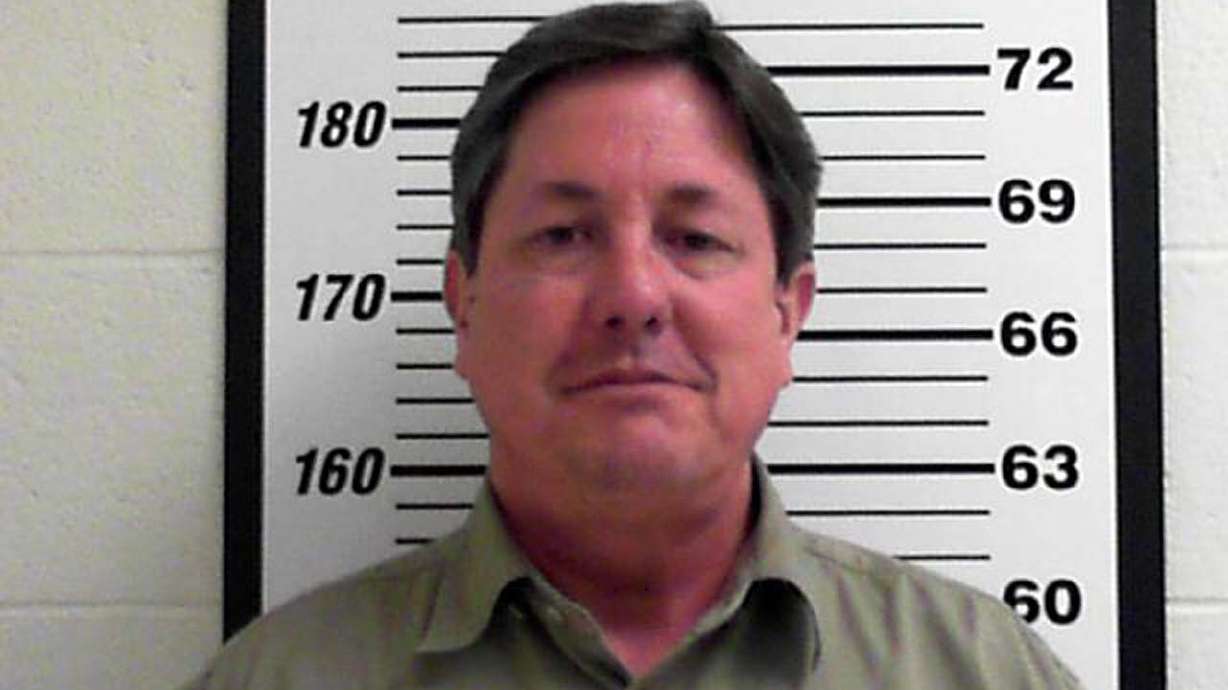Estimated read time: 2-3 minutes
This archived news story is available only for your personal, non-commercial use. Information in the story may be outdated or superseded by additional information. Reading or replaying the story in its archived form does not constitute a republication of the story.
SALT LAKE CITY — Government prosecutors say Fundamentalist LDS Church members' concerns about losing their eternal salvation because they can't donate welfare benefits to the church doesn't amount to a violation of their religious rights.
The polygamous sect wants to "rewrite the rules" for the Supplemental Nutrition Assistance Program or SNAP in the name of religion, according to a filing in federal court Wednesday.
"Religious freedom does not compel the extensive modification of a government program — which is not designed to help or hurt religion, but to provide a modicum of nutrition to the poorest citizens," assistant U.S. attorney Amanda Berndt wrote.
FLDS Church members accused of food stamp fraud argue donating food obtained through SNAP to their church is no different than bringing goods to a PTA bake sale or potluck dinner. They contend the Religious Freedom Restoration Act allows them to share benefits as part of their communal living.
Eleven FLDS members have pleaded not guilty to fraud and money laundering charges in connection with the program.
Prosecutors say they knowingly broke the law by not only donating food to the church's storehouse but diverting funds to front companies to pay for a tractor, truck and other items.
"They further want to rewrite the rules to allow the FLDS bishop — rather than the United States Congress — to determine who benefits from the food purchased with SNAP funds," Berndt wrote.
Prosecutors say the program is designed to provide low-income families with money to purchase food in order to alleviate hunger and malnutrition. If recipients are allowed to buy food and donate it wholesale, there is no guarantee it would be used for that purpose.
Related
Kathryn Nester, an attorney for defendant Lyle Jeffs, argued in a court filing filed Wednesday that the government’s interpretation of SNAP benefit regulations demands that Jeffs go against his sincerely held religious beliefs or remain true to the word of God and suffer in federal prison.
Nester contends SNAP rules do not prohibit consecrating food and the government has no authority to determine what happens to the food after it leaves a store. Furthermore, she said the program does not ban buying item such as cookies, soda pop and ice cream that arguably neither provide a nutritious diet nor alleviate hunger and malnutrition.
Jeffs, the highest-ranking leader indicted in the case, has been on the run for four months since he slipped out of a GPS ankle monitor and escaped home confinement in the Salt Lake City area. The FBI is offering a $50,000 reward for his capture.
Two other defendants, Seth Jeffs and John Wayman, remain behind bars after breaking conditions of their release agreements pending trial. Email: romboy@deseretnews.com Twitter: dennisromboy










